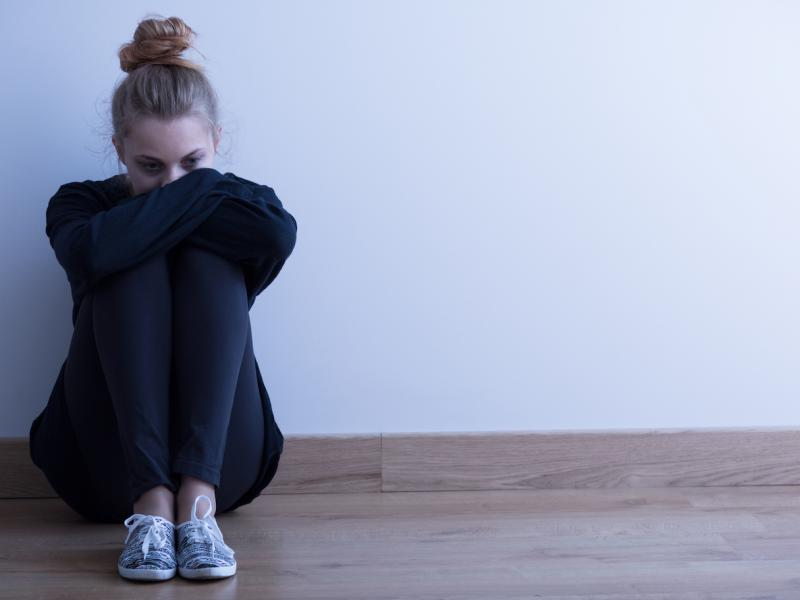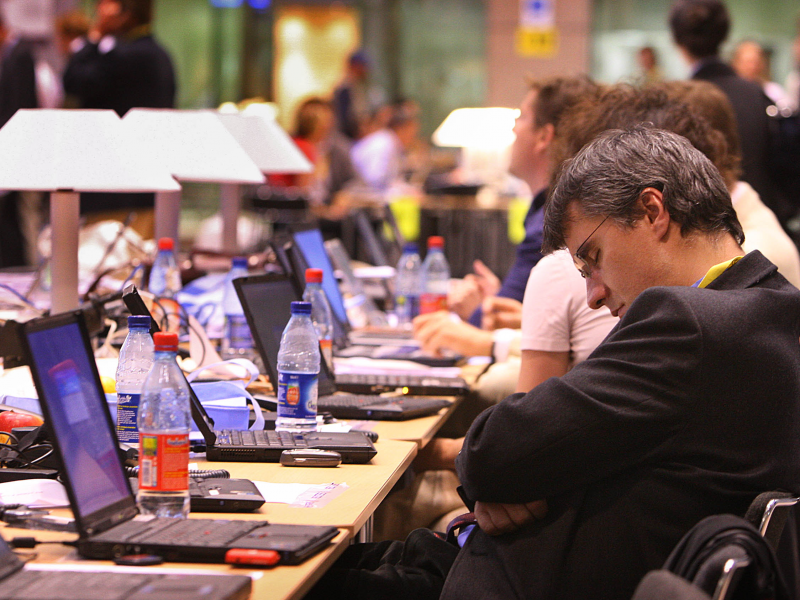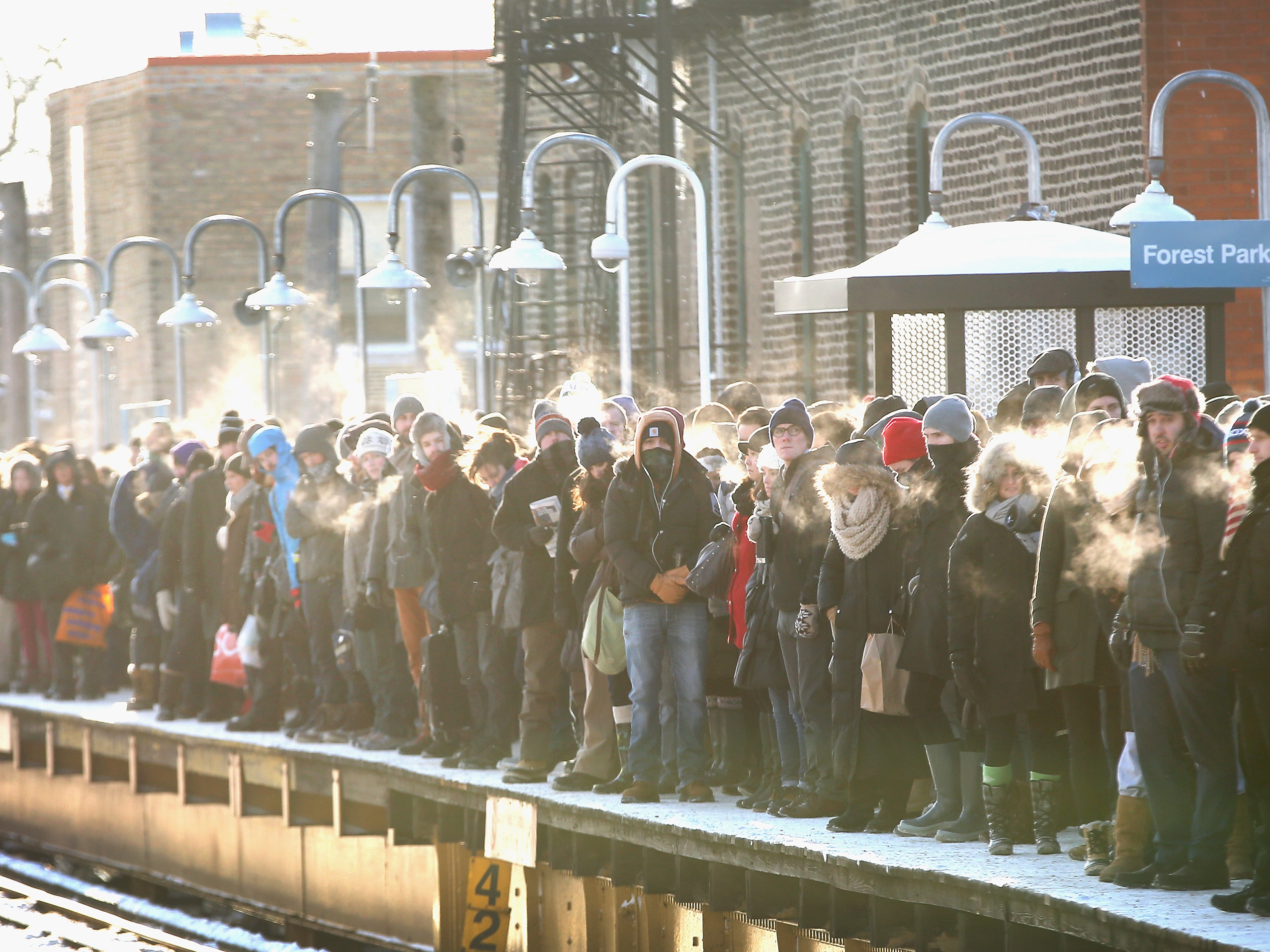- Sleeping in is one of life’s great pleasures.
- But too much sleeping in makes you more likely to have a bad night’s sleep, have negative thoughts during the day, and in some cases, develop depression.
- Here are some benefits to being an early bird.
- Visit Business Insider’s homepage for more stories.
They say the early bird catches the worm.
And several successful people seem to be proving that adage true, from Navy SEALs to Apple CEO Tim Cook, who famously wakes up before 4 a.m. each day.
For many of us, on the other hand, there’s no greater pleasure than sleeping in, staying in bed, and not getting up until you absolutely have to.
But as it turns out, there may be more merit to getting up early.
If you struggle to be up with the birds and consider yourself more of a night owl, here's why you should ditch the snooze button and start getting up earlier in the morning. It might just change your life.
You'll actually give your body time to wake up before starting your day

Studies prove that sleep inertia - that slow-moving period between sleep-induced brain fog and full wakefulness - can last anywhere from between two to four hours.
If you're rolling out of bed at 8:30 a.m. to get to work at 9, chances are, you're not going to arrive ready to do your best work. Getting up early gives your body a chance to reach peak wakefulness naturally (which means you won't have to depend on that triple shot of espresso to do your thinking for you).
It may not be easy to start setting your alarm for an earlier hour, and you may have to drag yourself out of bed for the first couple of days or weeks, but once it becomes part of your routine, you'll likely notice a major difference in your energy levels and mental clarity in the morning.
You'll be less likely to suffer from mental illnesses like depression

This only applies if you're a woman, unfortunately. Still, promising research published in the Journal of Psychiatric Research revealed that women who get up earlier are far less likely to develop mental health conditions like depression, anxiety, and other mood disorders than those who sleep later.
This makes a lot of sense, especially given how restorative sleep is for our physical health - it makes sense that the benefits would carry over to our mental and emotional health, as well. It's hard not to get frustrated, annoyed, or even downright upset when we're exhausted. How many of us have overreacted when over-tired?
It will be easier to stay upbeat

According to a 2014 study, early risers were less plagued with negative thoughts than those who stay up late and sleep even later.
Consider just how many of us tend to let our minds reel with stressful, anxiety-ridden thoughts when we can't sleep at night. While it's impossible to simply will away the negative thoughts or keep ourselves from having insomnia, it's worth working on trying to set good habits.
You'll be more successful — or at least in a better position to achieve

In a study of 367 university students, biologist Christoph Randler found that what they say is true - the early bird really does get the worm.
"When it comes to business success, morning people hold the important cards," he found. "My earlier research showed that they tend to get better grades in school, which get them into better colleges, which then lead to better job opportunities."
He continued: "Morning people also anticipate problems and try to minimize them, my survey showed. They're proactive. A number of studies have linked this trait, proactivity, with better job performance, greater career success, and higher wages."
You'll improve your overall quality of sleep

Research has repeatedly found that those who get up early set themselves up for better quality sleep when they hit the sack that night.
Other research has shown night owls are more likely to develop sleep disorders and tend to sleep less overall than the early birds.
We hear all the time how important it is to get a solid eight hours of rest a night, and if you're trying to cram in your beauty rest in the few hours between midnight (or later) and whenever your alarm goes off for work in the morning, that's not likely to happen. If you get up early, chances are you'll be ready for bed earlier, setting you up for a good night's rest.

